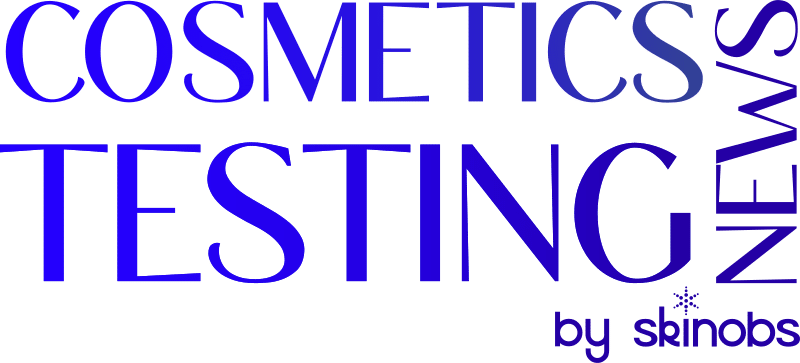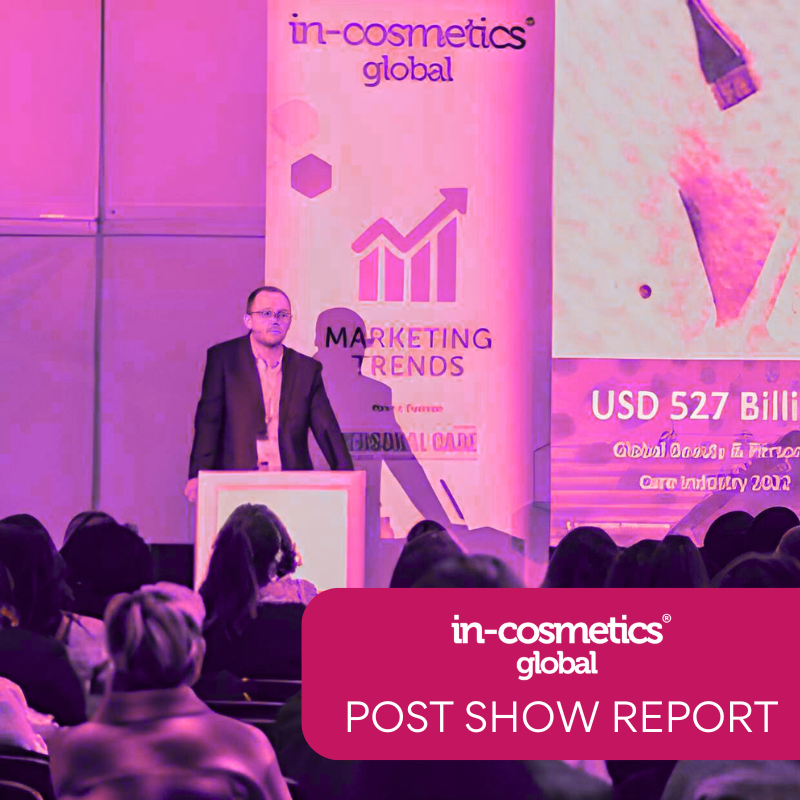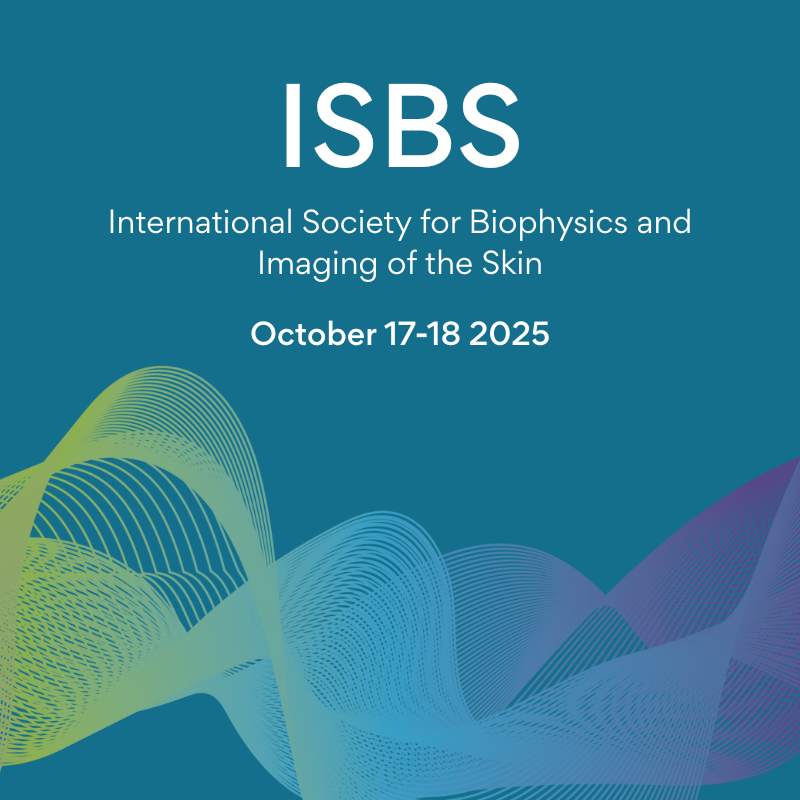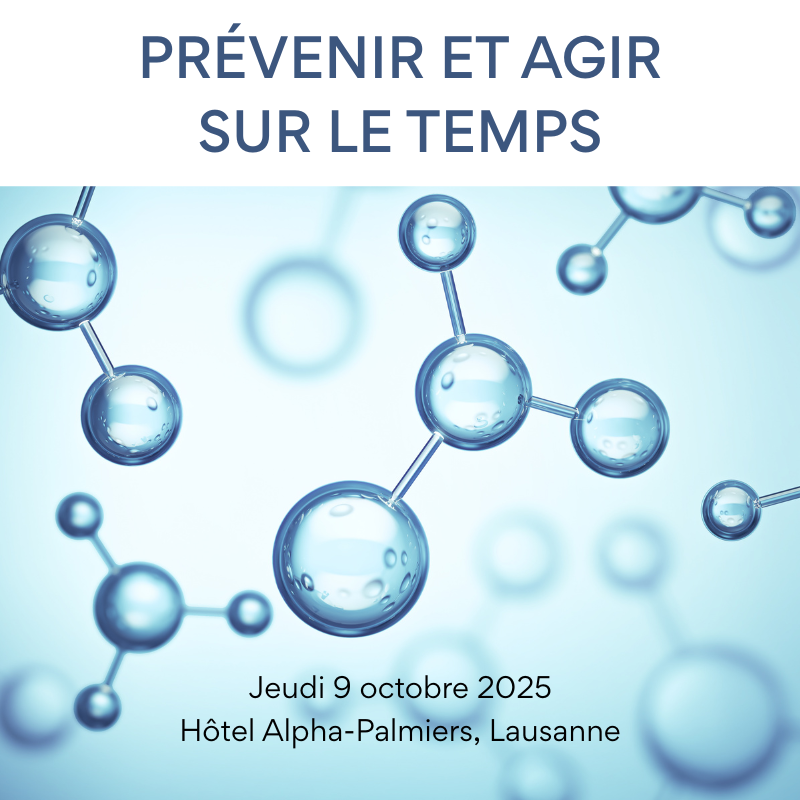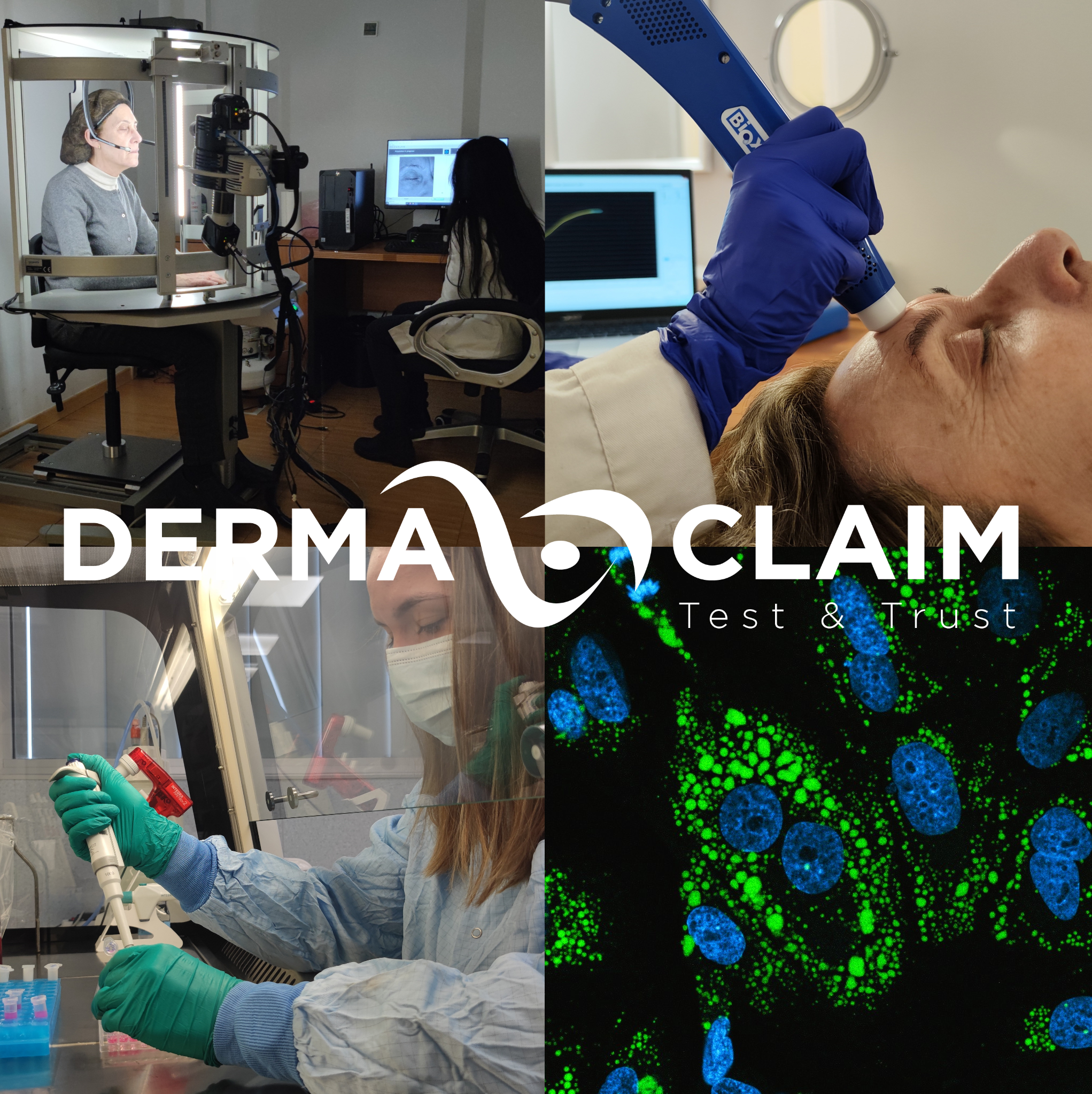On June 29, 2020, the updated cosmetic legislation, ‘Cosmetic Supervision and Administration Regulation (CSAR),’ was officially published by the Chinese State Council. According to a report by Chemlinked, provisions for ingredient management, safety assessment and efficacy claims are among the most notable changes.
The CSAR will replace the existing Cosmetics Hygiene Supervision Regulations (CHSR), which originally was released in 1989. The new regulation is effective as of January 1, 2021.
Major updates to the new regulation include the following:
- Products defined as cosmetics now include those to “eliminate unpleasant odor,” referring products to be applied to skin, hair, nails, lips, etc., by spreading, spraying or other similar ways for the purpose of cleansing, protecting, beautifying and modifying.
- Toothpaste will not be managed in line with general cosmetics. In relation, efficacy claims (such as “anti-caries,” “inhibiting plaque,” etc.) are permitted after conducting efficacy evaluations following the national or industrial standards.
- Soaps are considered outside the scope of the CSAR regulation, except for those with special cosmetic efficacy.
- Cosmetic ingredients are now classified as “new” and “used” ingredients. New ingredients with high risk require registration while other new cosmetic ingredients are subject to filing management.
- New ingredients with high risk such as preservatives, sunscreens, colorants, hair dyes and whitening agents must register with the National Medial Products Administration (NMPA) and obtain approval. Other new ingredients must file with NMPA before use.
- New ingredient filings/registrations must include: name, address and contact information of registration applicant or filer; R&D report; research materials on manufacturing process, stability and quality control standards; and safety assessment dossiers.
- The registration applicant or filer must report the usage and safety information of the new cosmetic ingredients to the NMPA every six months for three years. Only new ingredients without safety problems before the three-year observation period expires will be included in the IECIC.
- Special cosmetics, i.e., hair dyes, perms, whitening products, sunscreens, anti-hair loss products and products with new efficacies and are subject to registration. General cosmetics defined as all other cosmetic products are excluded from special use cosmetics and require standard filing.
Published by Cosmetics & Toiletries, June 30, 2020
